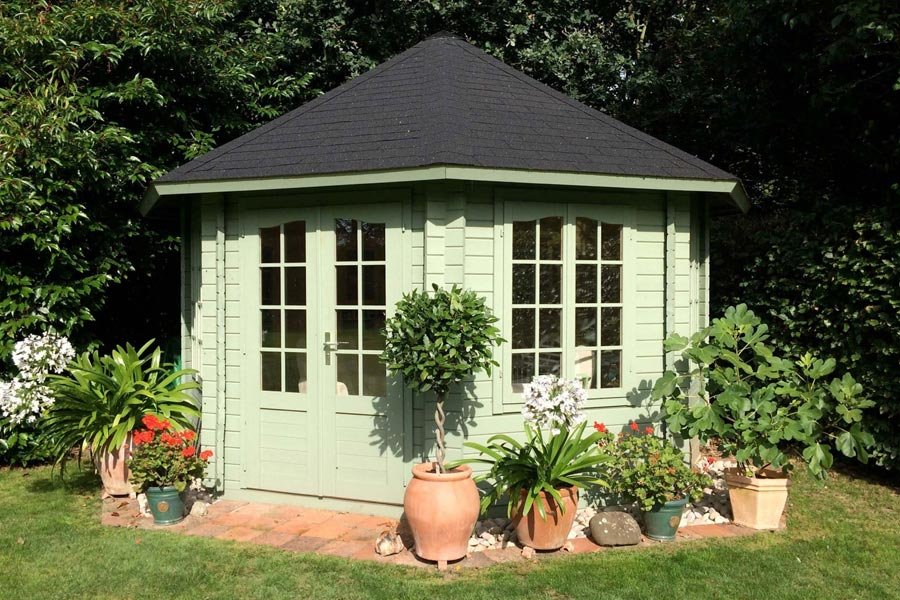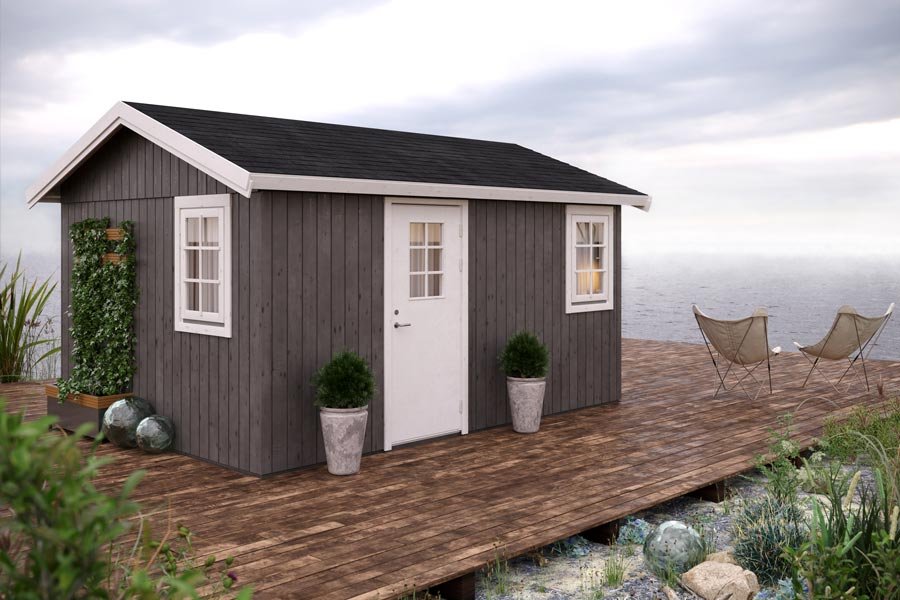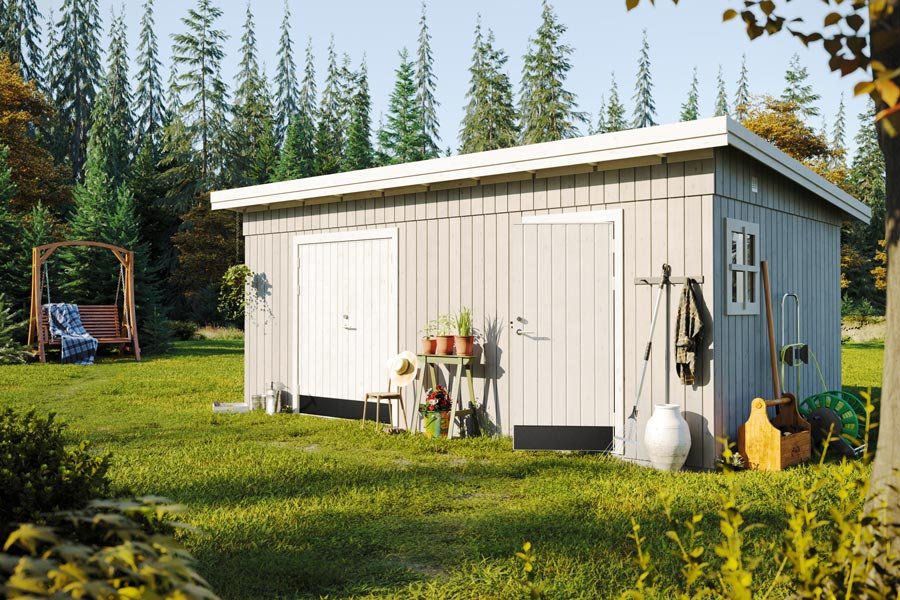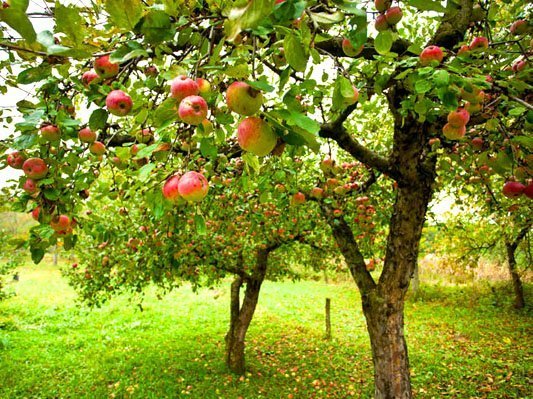 If you’ve ever browsed eco gardening forums or bee-keeping websites, you’ll have come across debates about the use of wood treatments and paints. The debates focus on fears that conventional oil-based treatments, when used on beehives, planters or raised beds, harm bees and could contaminate the veg.
If you’ve ever browsed eco gardening forums or bee-keeping websites, you’ll have come across debates about the use of wood treatments and paints. The debates focus on fears that conventional oil-based treatments, when used on beehives, planters or raised beds, harm bees and could contaminate the veg.
These concerns are sometimes applied to other garden buildings too – GardenLife customers occasionally ask us whether conventional wood treatments are safe for children, pets, wildlife and plants. Is it possible, they want to know, to buy alternative timber treatments that are environmentally-friendly, pet-friendly, children-friendly and bee-friendly, and also, of course, effective at preserving the timber?
The trouble with looking for advice online is that most debates about environmentally friendly wood treatment products are a confusing mixture of passionate opinion and highly technical information about chemicals. They also give tips that are unfeasible for most of us. For example, one common recommendation is to use timber such as cedar, which has innate insect-repelling properties. But a cedar garden house or home office is far beyond the budget of most of us, and not a viable proposition.
Therefore, instead of getting simple answers and advice from these green advice forums and eco-friendly websites, you often end up more confused – and anxious – than before. So, what are your options if you don’t want to use petroleum-based and metals-based preservatives, but still want to protect your wood against rot, insects and weather? What’s the best eco-friendly timber treatment?
Linseed oil is mentioned regularly as a natural wood protection, with good preservative properties and water resistance. On the other hand, critics point out that it is highly flammable, very slow-drying and sticky, and doesn’t protect wood from UV sunlight or mildew.
We’ve also seen other natural wood preservatives recommended such as salt, soy, vinegar, alcohol and tannins. They’re safe for humans and do provide some protection against various forms of attack. However opinions differ as to just how much protection they provide for a garden building, especially one in a dampBritish climate.
 More effective (and easier to source and apply) are a number of commercial, eco-friendly timber treatment solutions that are water-based. Valhalla Wood Preservatives makes a popular treatment called LifeTime® Wood Treatment, which has long been used in Canada and is now available internationally. The product is non-toxic and ‘friendly to plants, animals and people’, and also low-maintenance. Since it does not leach residue into soil, it’s useful for garden planters too.
More effective (and easier to source and apply) are a number of commercial, eco-friendly timber treatment solutions that are water-based. Valhalla Wood Preservatives makes a popular treatment called LifeTime® Wood Treatment, which has long been used in Canada and is now available internationally. The product is non-toxic and ‘friendly to plants, animals and people’, and also low-maintenance. Since it does not leach residue into soil, it’s useful for garden planters too.
Naturally, with a successful product like LifeTime® Wood Treatment, the ingredients are a close kept family secret. However, the treatment is made up of naturally occurring plant and mineral substances which soak into and penetrate wood fibres. Independent laboratory testing confirms that LifeTime® creates no harmful residue in soil or water, which is also reassuring
Conventional wood treatment products that are on the market are more health-friendly than previously, but if you have concerns about noxious chemicals and their environmental and health effects, then LifeTime® Wood Treatment is something that you should look for when it comes to preserving your summerhouse, log cabin or raised beds.
















